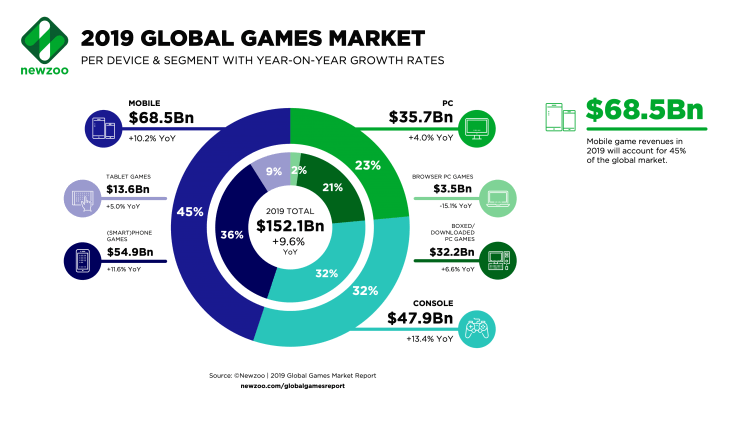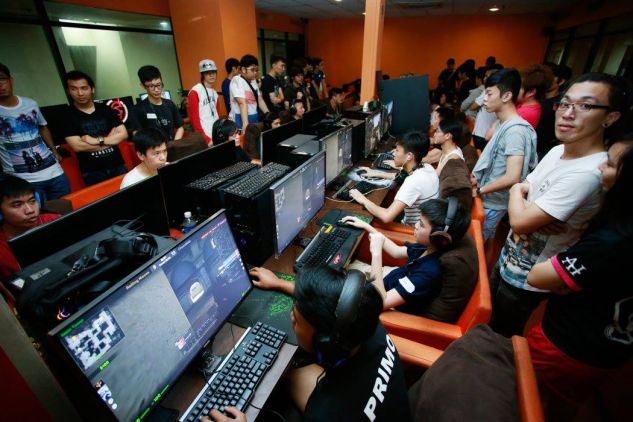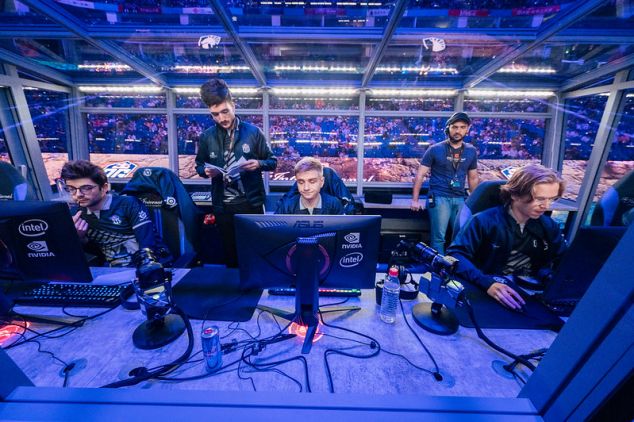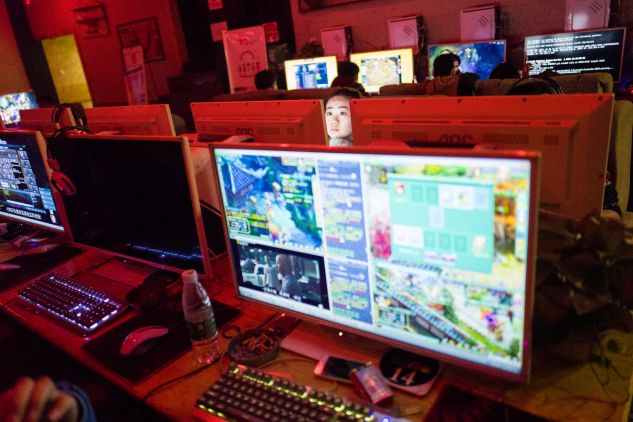Recently, China made headlines worldwide for imposing restrictions on video game play-time for minors across the nation. From a U.S. perspective, this may seem like a radical or extreme approach to encouraging moderation, but it’s important to consider there are several contributing factors within Chinese society that pushed government officials to create these rules.
Here are the main restrictions being implemented by China’s Ministry of Public Security, paraphrased from source material:
- All minors are required to follow real-name registration for online games accounts (meaning valid proof of identity may be required to register to play online)
- Overall gameplay time will be limited: A maximum of 1.5 hours on weekdays, maximum of 3 hours on holidays/weekends, as well as no game access from 10 p.m. – 8 a.m. on all days
- No minors under the age of eight-years-old may purchase micro-transactions of any kind

The Chinese government will also be imposing micro-transaction payment limits for minors depending on their age. Limits are gauged based on how much a player can spend all at once, as well as how much they are allowed to spend per month. From ages 8-16; players may not spend more than 50 yuan (approximately $7) all at once, and cannot spend over 200 yuan per month (approx. $29). For ages 16-18; players may not spend more than 100 yuan (approx. $14) all at once, and cannot spend over 400 yuan per month (approx. $57).
Outside of the players themselves, the Chinese government is also mandating certain guidelines be followed by developers if they’re going to publish their game in China. Along with the already-strict censorship regulations in place, the Ministry of Public Security is now enforcing a probationary time period (the length of which was not disclosed, perhaps handled on a case-by-case basis) where developers can remove problematic features or mature elements from their games in compliance with Chinese laws. If the Chinese “publication management departments” deem any micro-transaction policies or graphical depictions are in violation of this new policy, they may take action after that probationary period as serious as pulling a game from the market entirely.
Lastly, and rather vaguely, the government’s “notice” also encourages parents/guardians to teach responsible moderation in gaming to “help minors establish correct online game consumption concepts and behavior habits.” The extent of how this notice aids in this initiative is not specifically explained, only encouraged.

Now this notice mentions in the beginning that these restrictions are in response to a rapidly developing online gaming industry in China that’s ballooned over the last few years. And justifiably so, for the past several years China has been the top-grossing market for video games period ($1.6 billion in 2007, $3+ billion in 2010, etc.). Only this year, due to Chinese government regulations implementing a freeze on publisher approvals for new video game releases, did the United States actually surpass China as the largest revenue contributor in the video game industry.
Despite all of its attempts at regulating and restricting video game releases in the country, China has continued to be the powerhouse market share for the industry. With their large population and country being home to companies like Tencent, who is still the largest and most profitable video game company in the world, it’s no surprise that the country has inevitably become the largest of the industry’s market share.

While revenue profit is generally a positive sign for a nation’s economy, this revenue hasn’t come without its side effects. Video game addiction has become such a prevalent issue throughout several Asian countries, but China has experienced the brunt of media exposure of this issue. Several viral stories have come from video game addiction in China, such as a woman losing vision in one of her eyes by playing a MOBA for more than eight hours straight per day, or the man who was paralyzed from the waist down after playing the same game in an internet cafe for 20 hours straight. These are isolated, worse-case scenarios, but are emblematic of the problem at large and explains why China’s government is going to great lengths to curb the over-usage of online games by minors.
Ever since last year when the World Health Organization officially classified a disease for video game addiction, officially named “Gaming disorder,” China has become much more aggressive in regulating the video game industry in their country. The Chinese government has always operated conservatively, as many of the country’s values are based in authoritarian Neo-conservatism; Basically, only making minuscule strides in modernization and heavily regulating citizen activity to promote a healthy society. Video game consoles themselves were banned in China for several years before that ban was officially lifted in 2015. It’s not like in the United States where several aspects of “freedom” (free speech, religion, free press) are inherent to our constitution.
Hardcore limitations like this would never fly in American society, period. Not only is there no specific cause or concern warranting such restrictions, but such restrictions would go against core American cultural and constitutional values. That’s not to dismiss addiction in America, because it certainly is a real issue especially with opioid addiciton being a major concern in communities large and small. There are cases of video game addiction in America as well, and the conversation is there about how to treat it when it’s causing health problems, but the issue has not reached fever-pitch levels of crisis like how the Chinese government is handling the issue.

Just to reiterate, this is not a critique of their approach to how they’re handling video game addiction. China is certainly dealing with a complicated grey area when it comes to video game addiction, because it’s not as easy to write off as a bad thing like you could with illegal drugs or gambling. Drugs have documented, easily measurable effects to the human body that are immediately recognizable, whereas video game health concerns come after long periods of time and aren’t inherent to the conversation. And gambling, which immediately reflects a win/loss ratio as soon as the decision to purchase has been made, most video games with gambling mechanics have a more immediate reward system. A prime example to look at is Fire Emblem Heroes: Even though you may not get that five star Marth that you’ve always wanted, when you roll for a new hero, you still receive one. It’s not like you’re opting in for a chance at losing any gameplay wealth you’re accumulating, you’re still getting something.
It’ll be interesting to see how this plays out in the coming years, since these kinds of restrictions are going to radically change how the gaming market functions in China and how people can play games in general.


